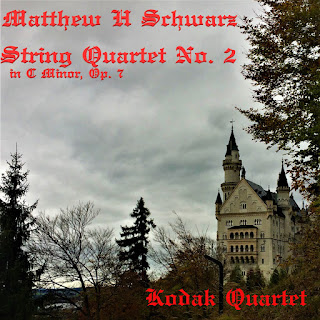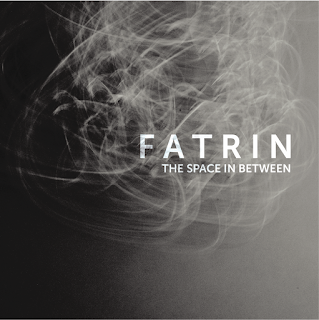Kristina Socanski - "Philip Glass: Piano Solo"
Kristina Socanski -
"Philip Glass: Piano Solo" album review
Too often Glass' brand of minimalism is deemed robotic and unemotional; to combat such, Socanski redefines what the music offers the performer and listener.
In her recent interpretation, Kristina Socanski creates a sense of beauty not often heard when listening to performances of Philip Glass' music. Socanski's second album release, consisting of a curated selection of Glass' solo piano pieces from across two decades, equally touches seasoned and amateur listeners with minimalist waves tinged with hints of pianistic romanticism. Too often Glass' brand of minimalism is deemed robotic and unemotional; to combat such, Socanski redefines what the music offers the performer and listener. She masks the mathematical repetitive structures behind the curtain, finally letting one experience the universal affect of this distinct musical world. Find the album here on the Oclassica label.
equally touches seasoned and amateur listeners with minimalist waves tinged with hints of pianistic romanticism
The album begins, rightfully so, with the first movement of Glassworks, "Opening", followed by a selection of the Piano Etudes. Socanski's interpretation of "Opening" blur the three-over-two rhythms, resulting in a relaxation similar to one caused by staring intently at slowly-moving ocean waves for long stretches of time. The Etudes are a test of technical skill and musical endurance, and Socanski is definitely up for it. Her dynamic nuance and ability to trick the listener in hearing the full length of the musical phrase enables these works to transcend simply being etudes. With rhythm being vital to the style of Glass' piano writing, arguably differing from other piano music, it can be easy to fall into the trap of playing automated without feeling. Thankfully, Socanski has no issue being convincing with complex cross-rhythms, abrupt metric modulations, and the power of subtle rubato, only where necessary. She also takes Glass' depiction of the Etudes, "a broad range of music and technical ideas", extremely literally. All works presented on the album, for that matter, explore a different sound than its predecessor, culminating in a disc where each work is individually impactful.
a relaxation similar to one caused by staring intently at slowly-moving ocean waves for long stretches of time
The second half of the album showcases four works written to accompany speeches, poems, or films. Metamorphosis: Two, also known as the theme to "The Hours", and Truman Sleeps, an extended version of the work written for "The Truman Show", are both compelling examples of Glass' prolific work as a film composer. Truman Sleeps is a particularly gorgeous closure to an intense album of music, and Socanski's strong focus on exploring Glass' melodies expresses this music in a whole new light. Wichita Vortex Sutra, a short piece which originally accompanied Allen Ginsburg's poem of the same name, invigorates the listener with strong bass pulsations dramatized by Socanski's slight increases in tempo to accommodate the musical form. The longest and most dramatic work on the album is Mad Rush, based on an earlier work for electric organ. She creates an intimate feel in her interpretation by slowing the tempi of the A sections just enough to focus on the lyricism Glass presents in his melodic structures. It also serves the overarching form, allowing the tension in the contrasting sections to intensify with each repetition.
Philip Glass: Piano Solo, is a must listen for anyone and everyone, contemporary music fan or not. Kristina Socanski goes to the utmost extreme to showcase the passion and romanticism hidden within the realm of 'minimalism'.




Comments
Post a Comment